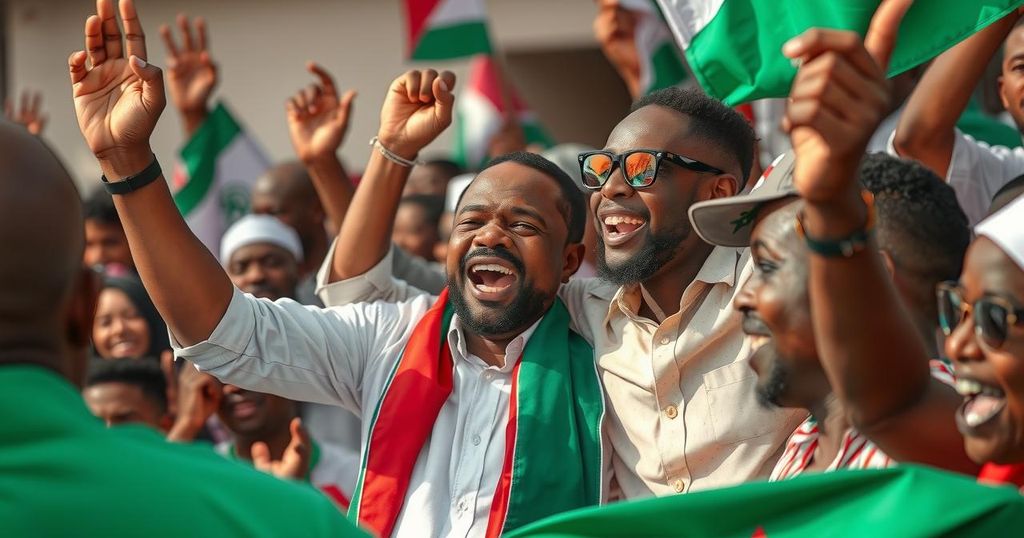Majority Secured by Chad’s Ruling Party Amid Opposition Boycott in Elections
Chad’s ruling Patriotic Salvation Movement won 124 of 188 seats in the December parliamentary elections amid a significant boycott by opposition parties, further enhancing President Mahamat Idriss Déby’s authority. The elections, the first in over a decade, were marked by concerns over their credibility, with a 51.5 percent voter turnout reported. Déby claims the elections will promote decentralization, even as opposition parties criticize the electoral process.
In the recent parliamentary elections held in December, Chad’s ruling Patriotic Salvation Movement (MPS) has reportedly achieved a substantial majority, winning 124 out of 188 seats. The elections were marked by a significant boycott from major opposition parties, including the Transformers party, which had previously contested in the presidential elections. Provisional results disclosed by the electoral commission indicated a voter turnout of 51.5 percent, further consolidating President Mahamat Idriss Déby’s authority.
This election follows a decade-long hiatus since the last parliamentary vote and is a crucial part of the transition to a democratic regime initiated after Déby, a military ruler, assumed power in 2021. His tenure began after the death of his father, Idriss Déby Itno, who ruled Chad for three decades. Despite concerns raised by opposition parties regarding the credibility of the election, President Déby remarked that it signifies a move towards decentralization, aiming to distribute power more broadly across provincial and municipal levels.
The opposition has described the electoral process as a “charade,” fearing a repetition of the disputed presidential election results from the previous year. While the main opposition has yet to issue a formal response to the provisional results, the election represents a significant moment for Chad as it contends with various security challenges, particularly from militant groups and shifting military dynamics with France.
Chad has experienced a tumultuous political landscape, highlighted by a military takeover in 2021 led by Mahamat Idriss Déby following the death of his father, Idriss Déby Itno, who had held power since 1991. The country has faced ongoing challenges regarding legitimacy and credibility in its electoral processes, with opposition parties frequently accusing the government of electoral fraud. The recent parliamentary elections were viewed as a crucial step in the country’s announced transition to a democratic governance model, raising hopes and concerns regarding the distribution of political power.
The parliamentary elections in Chad, while securing a significant majority for the ruling party, also reflect the ongoing political tensions and the challenges of establishing a credible democratic process. With over ten opposition parties boycotting the elections, concerns regarding the legitimacy of the electoral process remain prevalent. As Chad navigates a critical juncture in its governance, the implications of these elections on political stability and the distribution of power will be closely observed.
Original Source: www.rfi.fr




Post Comment